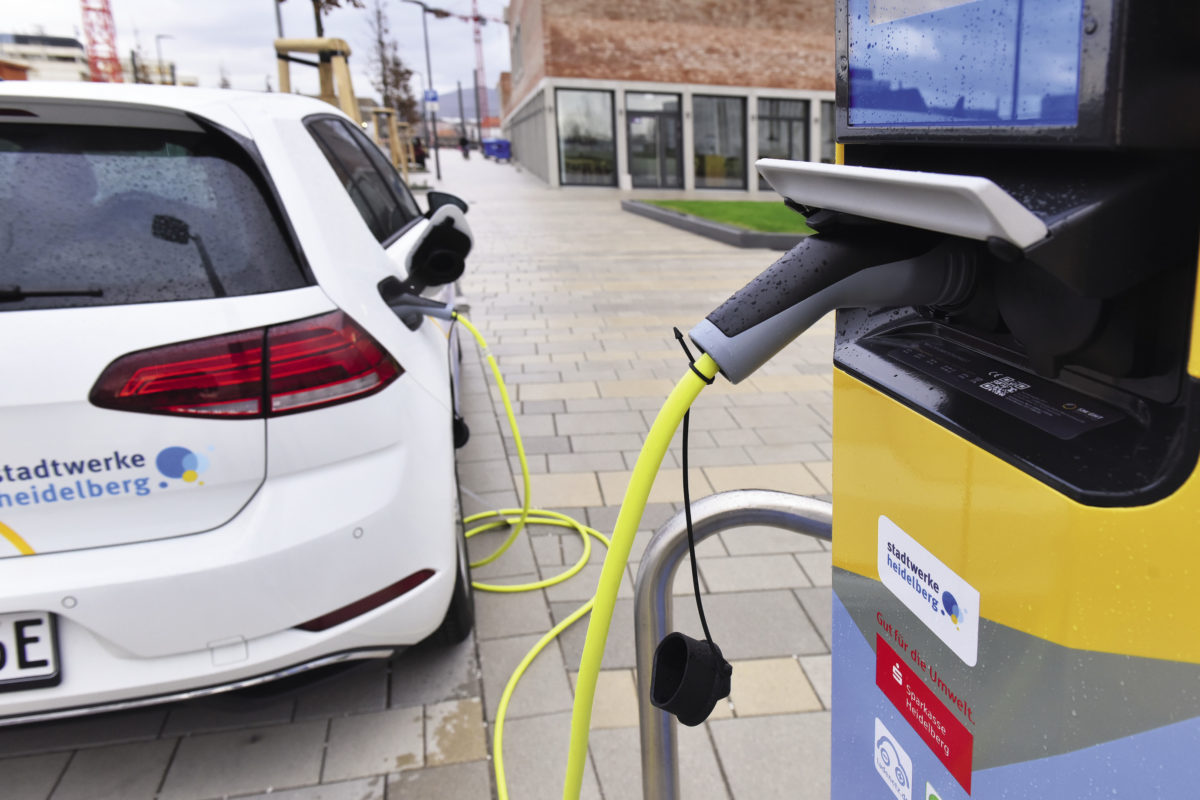Business intelligence company BloombergNEF has indicated in its latest electric vehicle (EV) market report that the sector is set to ape renewable energy generation by rising in importance during the Covid-19 crisis despite a severe hit to deployment figures.
In the latest annual update to its Long-term Electric Vehicle Outlook report, published today, BNEF predicts EV sales will slump 18% this year, by 1.7 million units, interrupting a decade of continuous annual growth, as a result of the coronavirus pandemic.
However, the analyst expects the Covid-19 fallout on conventional car sales to be even more dramatic, with a 23% fall in global sales this year, leading the market penetration of EVs to rise just as renewable energy has gained ground on fossil fuel power generation during a pandemic which has seen electricity demand slump.
BloombergNEF expects a short-term rally in traditional car sales after Covid-19 lockdowns ease but expects EVs to continue gaining ground in the longer term, with electric vehicles expected to supply 58% of new passenger car sales by 2040. By that point, 31% of the cars on the road will be electric, together with 67% of municipal buses, 47% of two-wheeled vehicles and 24% of light commercial vehicles.
Oil demand
In fossil fuel terms, BNEF expects the 1 million barrels of oil daily requirement taken off the road by EVs at the moment to rise to 17.6 million barrels in 20 years’ time, with e-mobility driving up global electric demand 5.2% by that point.
The analyst expects electric models to reach price parity with internal combustion engine alternatives in two years for the large car segment in Europe, with average price parity across segments and markets by 2025, although the small car segment in India and Japan may not arrive until 2030 or later.
In terms of charging infrastructure, BNEF estimates 290 million charging points will be needed by 2040, at a cost of $500 billion. Of that market, around 12 million of the facilities will be public, at a cost of $111 billion. The analyst anticipates private sector companies will fund most of the non-public charging facilities, although some public support may be required.
The study estimates EVs make up 3% of car sales at present, rising to 7% by 2023, and states there are more than 7 million passenger EVs on the road today, along with more than 500,000 e-buses, almost 400,000 electric delivery vans and trucks and 184 million electric mopeds, scooters and bikes.
This content is protected by copyright and may not be reused. If you want to cooperate with us and would like to reuse some of our content, please contact: editors@pv-magazine.com.




I would like to introduce our website http://www.en-mobility.com which is the first Turkish web portal for e-mobility in Turkey.
You can reach Turkish e-mobility news via https://www.en-mobility.com/news and the articles related to e-mobility in Turkey via https://www.en-mobility.com/blog
You can share any of those if you think it is relevant and please do not hesitate to contact me if you have any questions about Turkish e-mobility sector.
Best regards,
Haluk Sayar
Founder
en-mobility.com
M: +90 533 275 57 97
A: Konaklar Mahallesi Oyak Sitesi Sokak No: 12 Yenilevent Beşiktaş/Istanbul TR
W: http://www.en-mobility.com